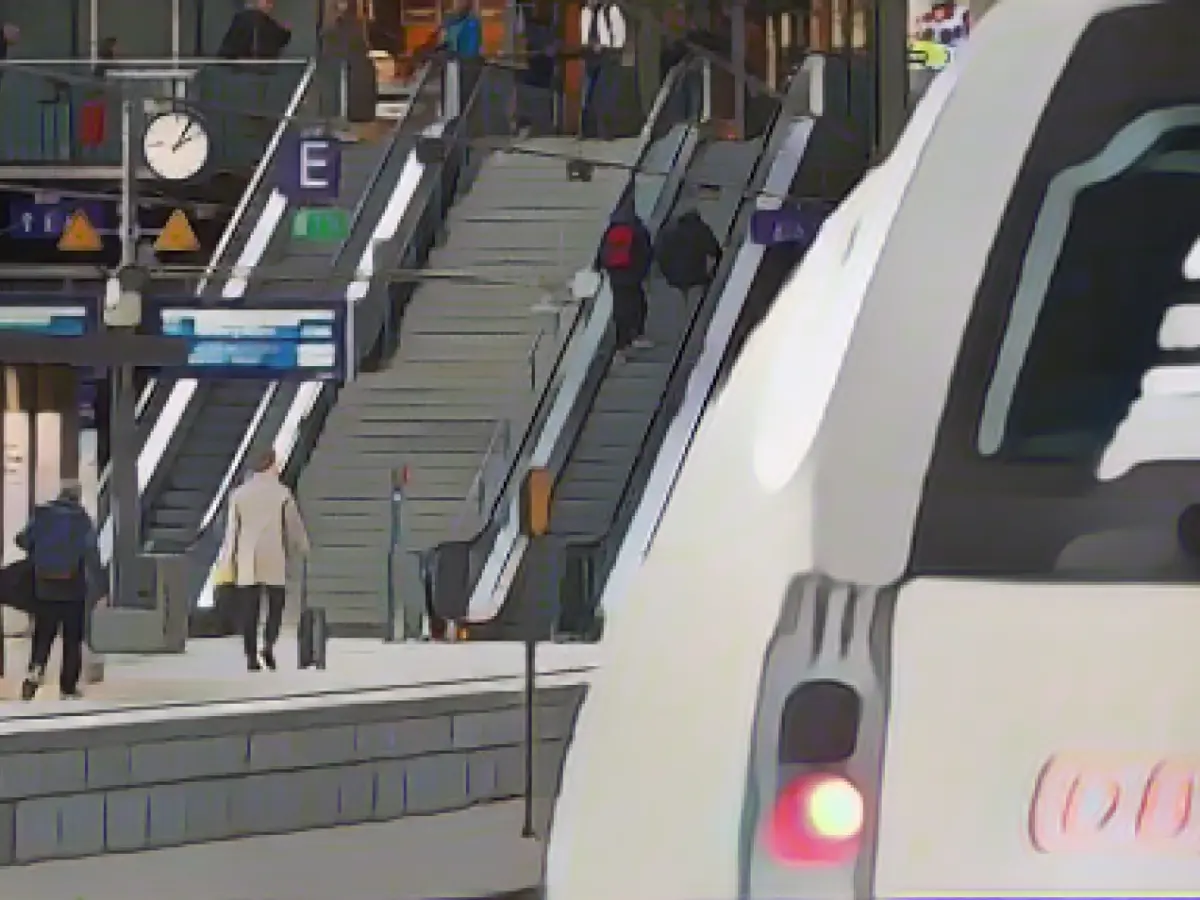Massive Disruption to Rail Services Nationwide Due to GDL Strike
Deutsche Bahn spokesman, Achim Stauß, expressed disappointment over the Union of German Locomotive Drivers (GDL) decision to call for a 24-hour nationwide warning strike starting on Thursday evening. The strike affected both freight and passenger transport. Stauß criticized GDL's timing, as Deutsche Bahn was still attempting to restore rail operations in southern Germany due to winter weather and prepare for the upcoming timetable change scheduled for Sunday.
The collective bargaining round between Deutsche Bahn and GDL commenced in November, with the main point of contention being GDL's demand for a 35-hour week in shift work, contradicting Deutsche Bahn's belief in the unfeasibility of such demand due to the shortage of skilled workers. Political scientist Wolfgang Schröder urged Deutsche Bahn to show more flexibility in negotiations, arguing that the categorical rejection had exacerbated the conflict's strong polarization.
Meanwhile, GDL boss Claus Weselsky defended the strike, attributing it to Deutsche Bahn's unwillingness to negotiate on work hours and collective agreements for train dispatchers. Gerd Landsberg, managing director of the German Association of Towns and Municipalities, criticized GDL for prioritizing its interests over the country, while the GDL's Claus Weselsky claimed that customers understood the situation and accused Deutsche Bahn of refusing to engage in collective bargaining.
Despite these challenges, Achim Stauß advised passengers to use their tickets flexibly on Saturday, anticipating fuller trains. The GDL strike disrupted Deutsche Bahn operations, resulting in train failures and impairments, leading to significant disruptions to rail traffic nationwide.
Additional Insights
- Deutsche Bahn and the Eastern German Railway and Transport Union (EVG) successfully reached a collective bargaining agreement, avoiding the threat of strikes and related disruptions [1].
- The agreement included wage increases of 6.5% spread across three stages, as well as provisions for job security and restructuring negotiations [1].
- The long contract term and potential economic conditions over the next three years have contributed to concerns within the EVG union, as well as the need to avoid strikes ahead of the German federal election [1].
- Deutsche Bahn continues to face operational challenges, including a significant rise in train cancellations attributed to infrastructure issues and inadequate maintenance.
Source:






